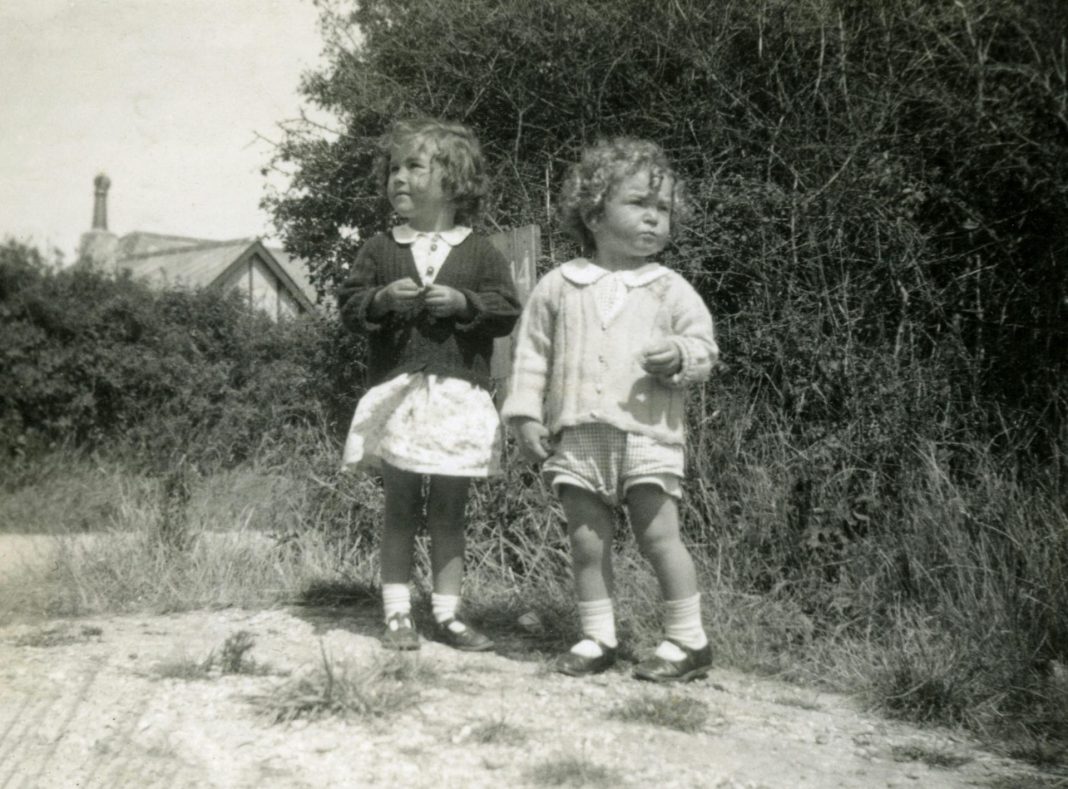How do you define the undefinable? How do you even begin to think about the meaning of those words whose meaning can only be encapsulated by the word itself? Those words that have powerful associations, that can conjure powerful images, but we cannot draw meaning out of without repeating the word over and over. For me, one such word is “home”.
Now, anyone with an internet access, a dictionary at hand, or a mind of their own will immediately contest this – a home is a definable, tangible thing – and Merriam Webster, Cambridge, Collins and more all contend it is “the place where one lives”. But I have never found it that simple, and it is exactly in that contradiction – the fact that the tangibility so strongly associated with a “home” for me does not begin to describe it – perhaps can attest to that.
My family can never quite seem to sit still – figuratively, not literally of course, and in my 20 years I’ve lived in different 6 places (Oxford being the 7th), and my parents even more. Perhaps it’s a deep rooted wanderlust, or a fear of stagnation, or the realisation that the best thing to do when you are unhappy is to drop everything, pack it up, and move away – and so we did, again and again.
It’s not that I’m complaining, don’t get me wrong, and please do put away your tiny violin. I have been lucky, luckier than most to explore all these different parts of the country, and the world – and that my parents work in a field that allows them to get up and go whenever and wherever they feel like it. What I am really describing, in the grand scheme of things, is a non-issue, it is, in fact, the absence of a problem. But I still think that there is a valuable point in here somewhere, in that the issue of home affects us all, and will come to affect us more profoundly as the years go on. In being at university, we have quite literally stepped out of the comfort of our homes, our past lives, and everything we knew (in one way or another), and have had to reorient ourselves entirely. And for us finalists, that question of “where is home” is becoming all the more pressing. Don’t get me wrong, reader, this is not an article about the housing market. It is about how to conceive of belonging and “home” when it is no longer linked to something tangible – it is about the places where home might be found, the places where it is not found, and it is, fundamentally, about the indescribable feeling of being in a crisis, thinking “I want to go home” and not knowing what that means.
The first indication that my concept of home was perhaps a little abnormal was, when a natural disaster extended a family holiday, I burst into tears. This was a surprise to my bewildered parents for a multitude of reasons. The disruption was such that we would miss the first few weeks of school, I was six, and we were at Disneyland. But still, I cried and I cried and I cried. And, as one does when their child is distraught for no discernable reason, my parents asked “what’s wrong”, and, as has been an ongoing theme in our relationship, I knew I had no idea why I was in such immense anguish – so, I would have to make something up. And so I landed on, “I miss my teddy bears”. And though I still can’t verbalise that feeling, I think, there is some wisdom to be pulled from the echoes of my six year old tantrums. What I am sure many of us have experienced at University, in not feeling “at home” until all our posters, fake plants and fairy lights have been put up in our dorms – perhaps I was onto something in that home can be found in the teddy bear that sits on your bed at university.
But this is not everything. Posters and plants might trick the eye, and perhaps the brain into some superficial degree of comfort, but they can never fully bring about that feeling of “home”. Perhaps I wanted my teddy bear not because he was a visual reminder of comfort and a sense of continuity in the otherwise (apparently) turbulent world of a six year old – but rather, because when you hug a teddy bear, they hug you back.
Perhaps, then, home can be found in the company of others. Perhaps then, the reason a home is a home, is not because we particularly enjoy the four walls and the decorations inside it, but because the love we share with the people inside it. Perhaps, then, a home can be found anywhere. And to some degree I think it can. Because have you not felt that sense of warmth and joy deep inside when you’re crying with laughter with friends, have you not looked around and felt that full-body relaxation, that indescribable sense of comfort? Did you not feel at home at that moment?
Perhaps there is something to be said about keeping bad company, about the virtues of keeping a home and a people separate, and about fostering a sense of internal comfort and self-reliance. Or perhaps that is a topic for another article, for a wiser and older “me”, who, I hope is at “home”, wherever and whatever that means. My point, I suppose, is that, for the finalists among us, it deserves thinking about. What and where is your home, and how this can change. If you have the answer, I would love to hear it.
It seems like life after university is a journey to find our way home, whatever that means.


